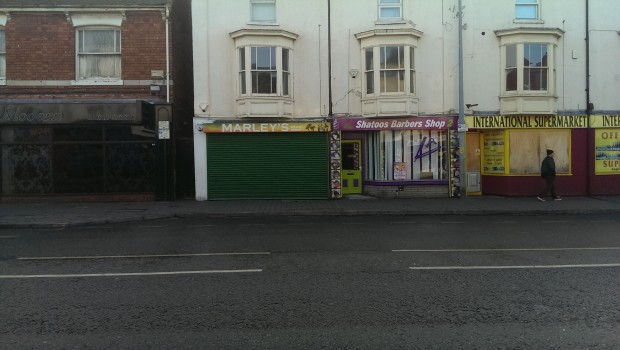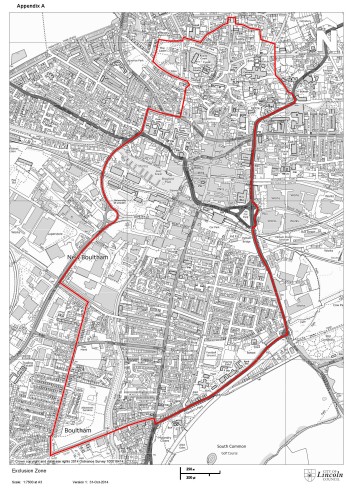
The City of Lincoln Council tonight voted unanimously to implement the proposed ban on consumption of alcohol and so called legal highs in the centre of Lincoln.
Lincoln is the first local authority in Britain to introduce such a ban. The ban will not make it illegal to sell legal highs in the city.
Before the meeting Sam Barstow, Service Manager for Public Protection and Anti-Social Behaviour, said: “The main difference between the existing powers and this new proposal is that it gives us the ability to tackle on-street alcohol consumption and the use of so-called legal highs.
“This new power gives the police and council the ability to deal with issues associated with the on-street consumption of these substances in a more flexible way and we will be working with Lincolnshire Police to produce an enforcement plan to support the order.”
Although the support for the ban was unanimous, there were some debate over whether the ban zone should be expanded to include the whole City of Lincoln area.
Cllr Edmund Strengiel said: “I fully support the ban but we have not gone far enough. We risk pushing the problem out to the suburbs, not solving it. I don’t want people to set up ‘legal highs dens’ in areas outside the city centre.
Cllr Karen Lee defended the limited zone, saying: It would be of no use if we promised a ban on legal highs in all of Lincoln when we know that our police force, due to cuts, don’t have the resources to enforce it.”

Councillor Ric Metcalfe, leader of the council, said: “The council has recognised there is a problem relating to street drinking and the use of new psychoactive substances and welcomes the reform of anti-social behaviour powers, which has allowed us to be creative and adapt to emerging issues impacting the city.
“We want our city centre to be a safe and welcoming place for residents and visitors alike.”
Anyone who breaches the order would be committing a criminal offence and could receive a Fixed Penalty Notice or face a fine in court. Police and council enforcement officers would have the power to demand the surrender of the intoxicating substances.

